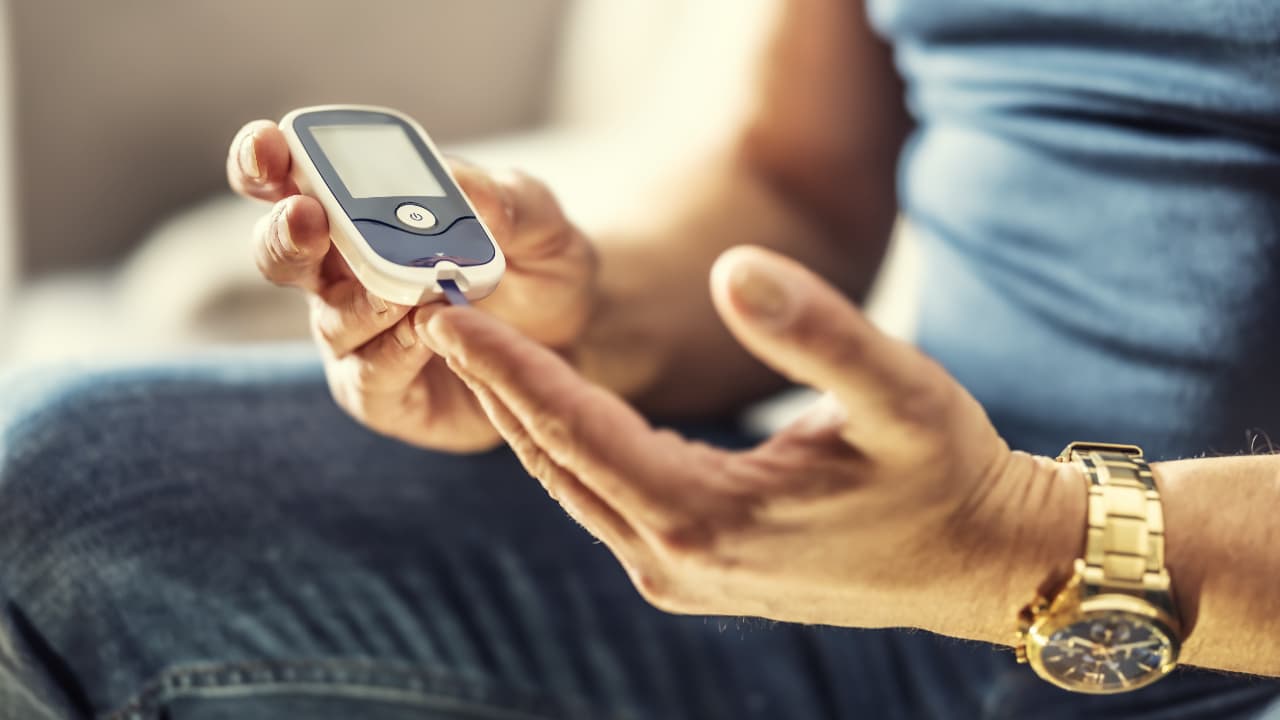Type 1 diabetes is the second most prevalent kind of diabetes and can affect anybody; however, it is more frequent in children under 30. It is mostly an autoimmune illness in which our immune system attacks our own body.
What causes Type 1 Diabetes? Type 1 diabetes is the second most common type of diabetes, which can occur at any age group, but is more common in children, especially those less than 30 years old. It ss mainly an autoimmune disease where our immunity, which is supposed to protect us from infections, harms our own body (Pancreas – which produces insulin)
Type 1 diabetes is mainly caused by two things i.e., genetic and environmental factors. In A person who is genetically predisposed (HLA variants and other genes CTLa-4, PTPN 22 etc) if they are exposed to environmental risk factors (Infection, maternal factors, toxins and dietary factors etc) leads to Type 1 DM
Why It’s Not Related to Sugar Intake? As mentioned earlier, it’s an autoimmune disease where our immune cells attack our pancreatic beta cells (which produce insulin), leading to insulin deficiency, causing diabetes.
However, in these patients, if they take sugars, because of insulin deficiency, it will cause a sudden increase in blood sugars, and it will lead to many diabetes related complications.
Symptoms Of Diabetes are mainly due to an increase in blood sugar. These symptoms include increased frequency of urination, Increased thirst and water intake, increased hunger and food intake and weight loss.
Since these patients are completely insulin-deficient, oral medications will not help. Only insulin can be used and with insulin therapy, these symptoms will subside and can prevent diabetes related long term complications (Eye, Kidney, nerves, heart and brain etc)
Insulin therapy can be administered in many ways Taking multiple daily injections.
CSII (Continuous subcutaneous insulin infusion) – Insulin pumps
(Written By: Dr. Gurusangappa S. Mudagall, Associate Consultant – Endocrinology, Manipal Hospital Sarjapur, Bengaluru)
